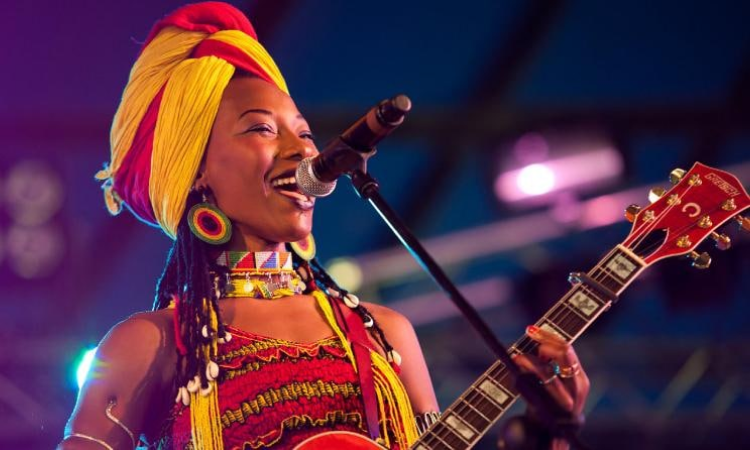
Africa has a wide variety of musical genres, such as African music’s traditional genres including Benga, Ndombo, Rhumba, and Afrobeat, as well as modern favorites such as hip-hop and reggae. While music and gambling live bet is very important in the continent, it is also best conceptualized through the hearers. There are varying tastes across different regions and countries.
Data collected through research can provide us with various samples in life, and it also helps us understand our interests and tastes. For instance, it can be used to analyze the responses of music listeners to questions about their musical tastes.
To gain a deeper understanding of how music consumers in different African countries are affected by different musical genres, GeoPoll carried out a survey. The investigation collected data on the kinds of music that human beings listen to and their opinions on diverse issues related to music.
The investigation was fulfilled in four African countries: Kenya, Ethiopia, Nigeria, and South Africa. Through the GeoPoll application, the data collected via the investigation were analyzed.
For the affection of music
Although most human beings in these countries listen to various kinds of music, they consider Religous Music to be their desirable and out of the 4 most popular musical genres in these countries, Religous Music was the most general choice.
In Kenya and Ghana, religious songs are still in great demand, while in South Africa and Nigeria, people prefer hip-hop. On the flip side, humans in South Africa tend to mellow out when it comes to R&B and Soul music.
The GeoPoll research was carried out to determine how long individuals spend each day listening to the music. The results of the survey revealed that more than 81% of the answerers in the 4 countries consume music for at least an hour a day. South Africa was the most widespread country where people spend at least three hours a day consuming music.
Domestic vs. International Music
Due to the increasing number of folks consuming music, various organizations in Africa have been working toward contributing the playing of local music. One of these is South Africa’s SABC, which has partnered with some of Kenya’s leading musicians.
Due to the lack of growth in the music sphere in certain African countries, the number of entities consuming local or international music has increased. In three out of the 4 countries surveyed, listeners replied they prefer local songs over international music.
Despite the distinct initiatives being made to promote local music, most hearers in these countries still believe that the media is still supporting the local acts. Over 90% of Nigerians declared they are satisfied with how the local media is still promoting Naija Music.
Access to Music
Since human beings in these countries tend to listen to music from various locations, we required regarding the various ways they can access their music. Most of the answerers in these countries use their computers, phones, and MP3 players to play their music. Over 30% of the answerers also listen to music on the radio, which is a desirable of many.
The number of folks who listen to music through virtual streaming has drastically decreased. According to the survey results, around 17% of the defendants mainly listen to music through YouTube.
How do you listen to music
In terms of the number of human beings who disburse for a streaming music service, Nigeria is the most well-known country. However, it is also interesting to note that a significant number of human beings in South Africa have stopped using paid services.
However, it is interesting to note that in South Africa, a significant number of people who previously used paid streaming services decreased.
In the country, 26% of the defendants said that before they tried to subscribe to a streaming service at lower prices, while those figures are much higher for current subscribers.
Have you ever underwritten to paid music services?
The popularity of free file-sharing sites such as YouTube and SoundCloud has reportedly led to the increase in the number of human beings in these countries who listen to music. Over 85% of the defendants in Kenya and Nigeria said they use these sites to listen to their music.



0 comments